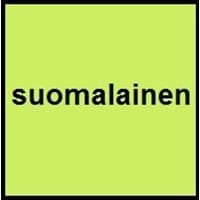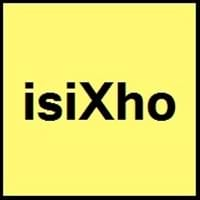Finnish and Xhosa
- Finnish language has adopted many words from Iranian, Turkic, Baltic, Germanic and Slavic languages.
- In Finnish language, there are no articles or grammatical gender.
- Xhosa has 15 click sounds, borrowed from the khoi-khoi and san languages of the South Africa.
- The same sequence of consonants and vowels can have different meaning when said with different tones, so Xhosa is tonal.
All Finnish and Xhosa Dialects
Most languages have dialects where each dialect differ from other dialect with respect to grammar and vocabulary. Here you will get to know all Finnish and Xhosa dialects. Various dialects of Finnish and Xhosa language differ in their pronunciations and words. Dialects of Finnish are spoken in different Finnish Speaking Countries whereas Xhosa Dialects are spoken in different Xhosa speaking countries. Also the number of people speaking Finnish vs Xhosa Dialects varies from few thousands to many millions. Some of the Finnish dialects include: Colloquial Finnish, Rauma. Xhosa dialects include: Gcaleka , Thembu. Also learn about dialects in South American Languages and North American Languages.
Finnish and Xhosa Speaking population
Finnish and Xhosa speaking population is one of the factors based on which Finnish and Xhosa languages can be compared. The total count of Finnish and Xhosa Speaking population in percentage is also given. The percentage of people speaking Finnish language is Not Available whereas the percentage of people speaking Xhosa language is 0.11 %. When we compare the speaking population of any two languages we get to know which of two languages is more popular. Find more details about how many people speak Finnish and Xhosa on Finnish vs Xhosa where you will get native speakers, speaking population in percentage and native names.
Finnish and Xhosa Language Codes
Finnish and Xhosa language codes are used in those applications where using language names are tedious. Finnish and Xhosa Language Codes include all the international language codes, glottocodes and linguasphere.





